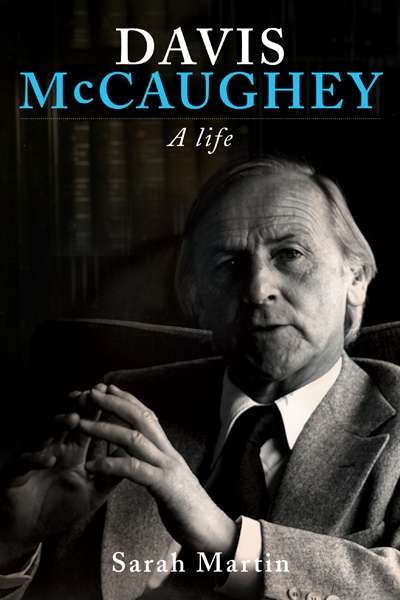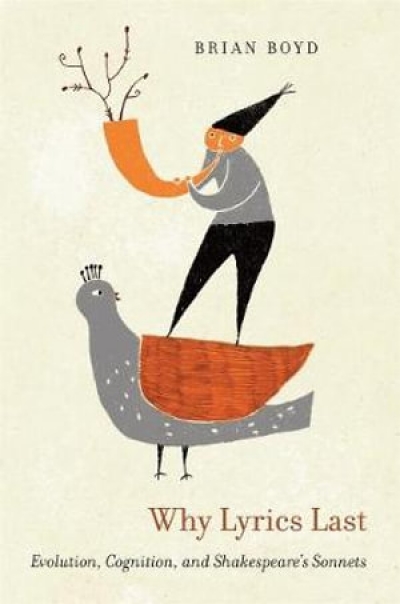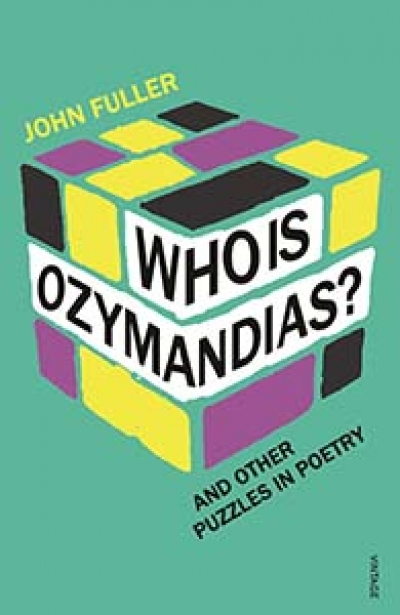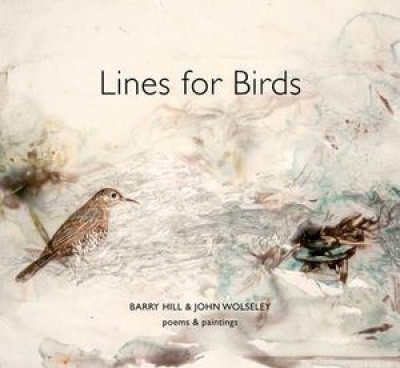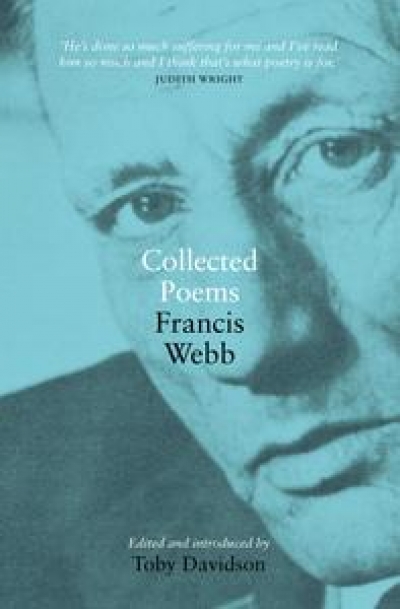Chris Wallace-Crabbe

Chris Wallace-Crabbe AM is the author of more than twenty collections of poetry. His most recent books of verse include The Universe Looks Down (2005), and Telling a Hawk from a Handsaw (2008). He is Professor Emeritus in Culture and Communication at Melbourne University. Also a public speaker and commentator on the visual arts, he specialises in ‘artists’ books’. Read It Again, a volume of critical essays, was published in 2005. Among other awards he has won the Dublin Prize for Arts and Sciences and the Christopher Brennan Award for Literature. His latest book is Rondo (2018).
At the dangerous time when Sir Thomas Wyatt and the earl of Surrey were around, the sonnet sprang into English from Petrarch’s Italian. A constant cuckoo, it has stayed in our linguistic tradition ever since. It is an odd verse form to have done so, regular, yet in one way asymmetrical. Moreover, this cuckoo form has long stood at the heart of what we mean by ‘lyrical’. As Wordsworth quotabl ... (read more)
... (read more)
Those who write about poetry these days don’t go in much for lightness. More often their solemnity springs from the need to score research points or from their front-line positions in gang wars. If only the verbal art could have a critic who trod as lightly as the epigrams of Laurie Duggan or the juxtapositional poems of Jennifer Maiden. But wishes are not horses, and we must be grateful for wha ... (read more)
Camaldulensis
... (read more)
The painter and outdoor draughtsman John Wolseley is utterly unusual among artists in this country. Marvellously accomplished yet old-fashioned, he could be seen as an artist who cheekily leapt from traditional to postmodern without passing through any of the intermediate stages. His deeply natural pictures can’t be categorised easily, for all that they are entrancing. In Lines for Birds, ... (read more)
The deeply troubled Francis Webb, a magician with language, is still one of the two or three most remarkable poets Australia has produced, if nation-states can be said to produce creative artists. His life proved dark and painful, wherever he was located, but he worshipped language, in parallel with his worship of the Christian trinity. And his poetry has affected many of us, profoundly.
... (read more)
Auden wrote of the mature Herman Melville that he ‘sailed into an extraordinary mildness’. The same sort of thing could be found in Seamus Heaney, even though he has always written with a degree of calm, with hospitable decorum. It was this level-headedness that enabled him to write about sectarian violence in the magisterial Station Island poems (1984). Now we have a mild chain before us, rat ... (read more)

